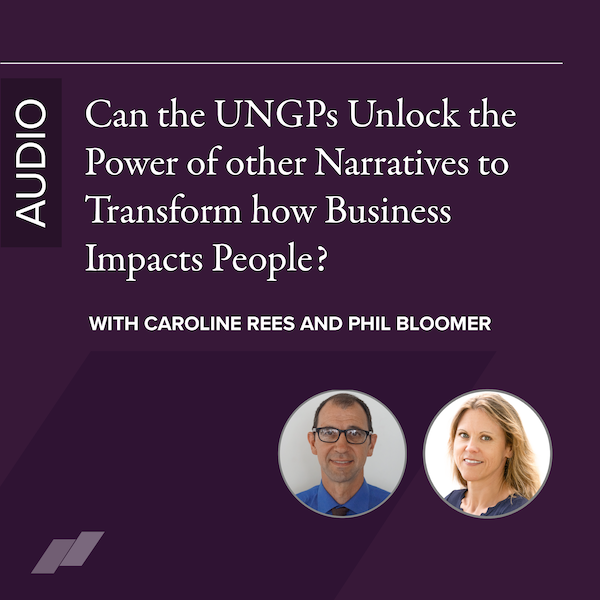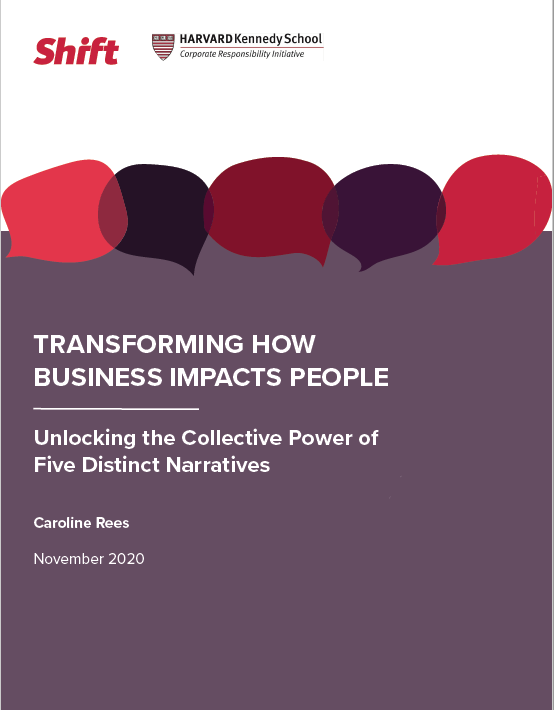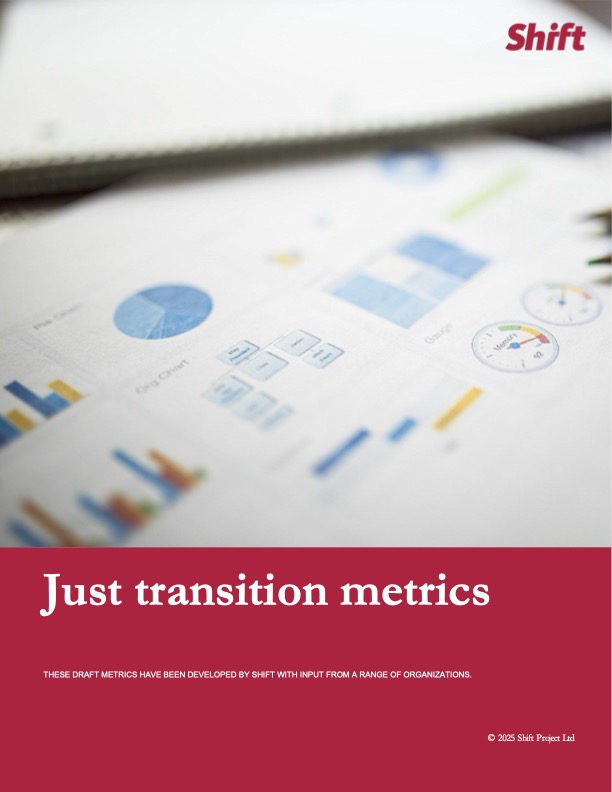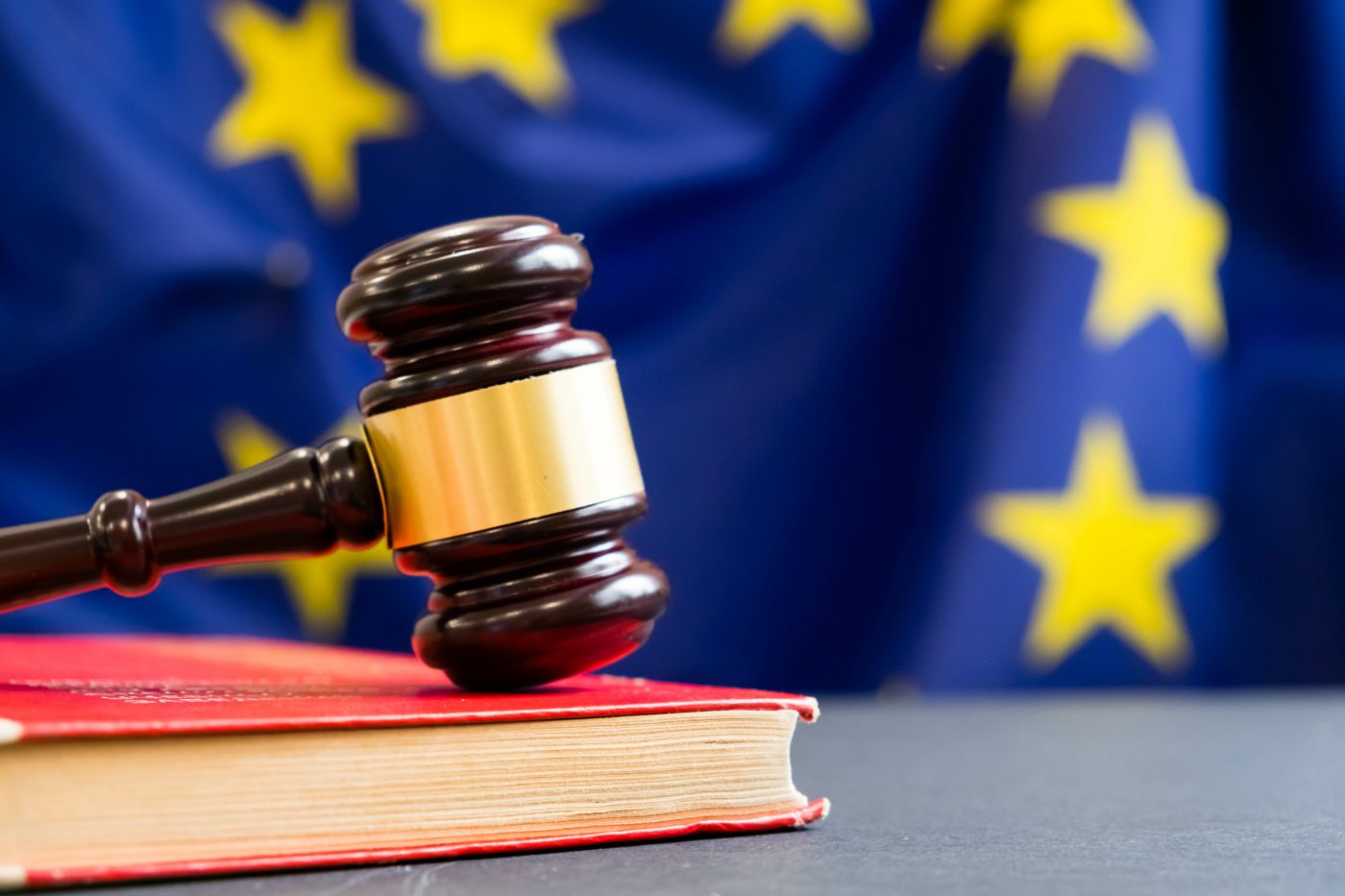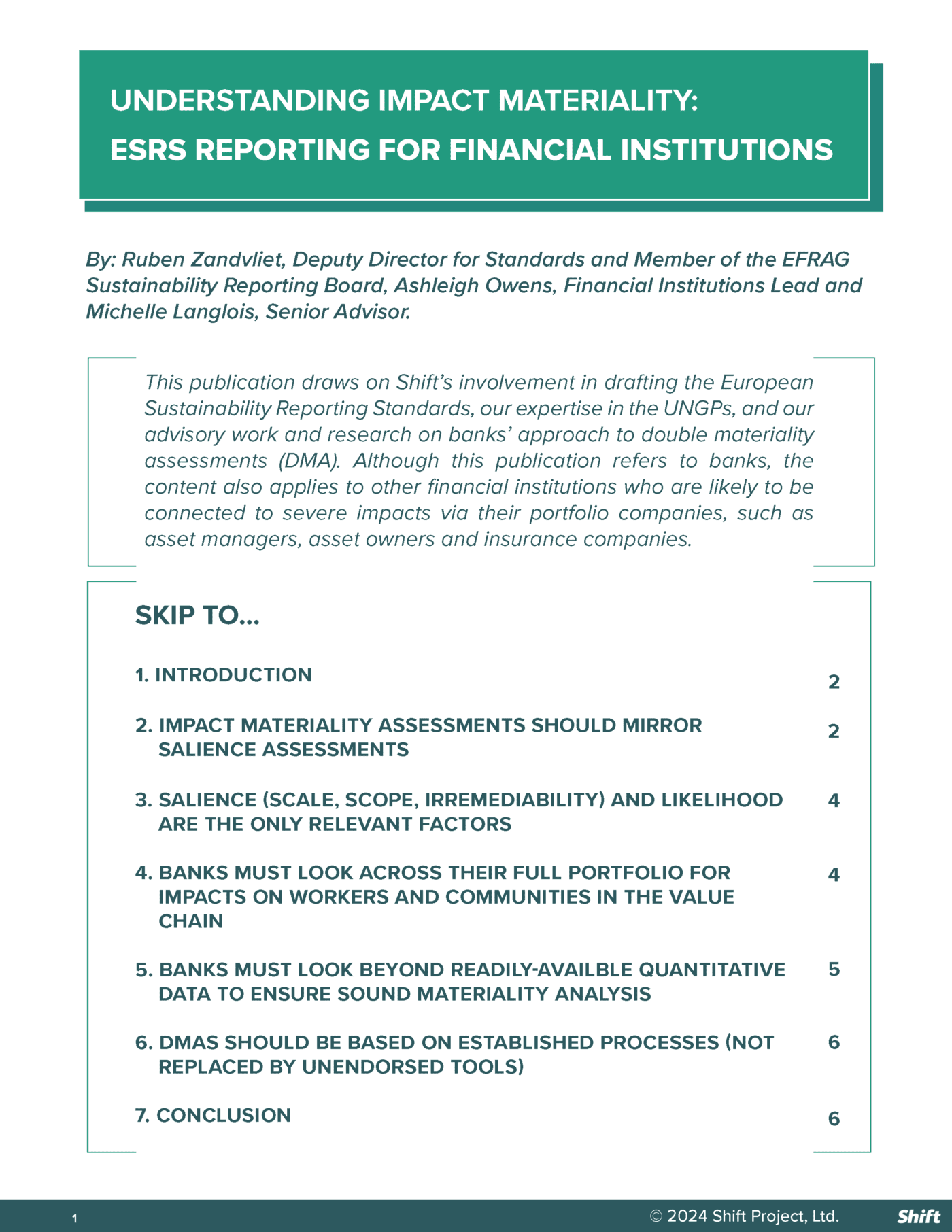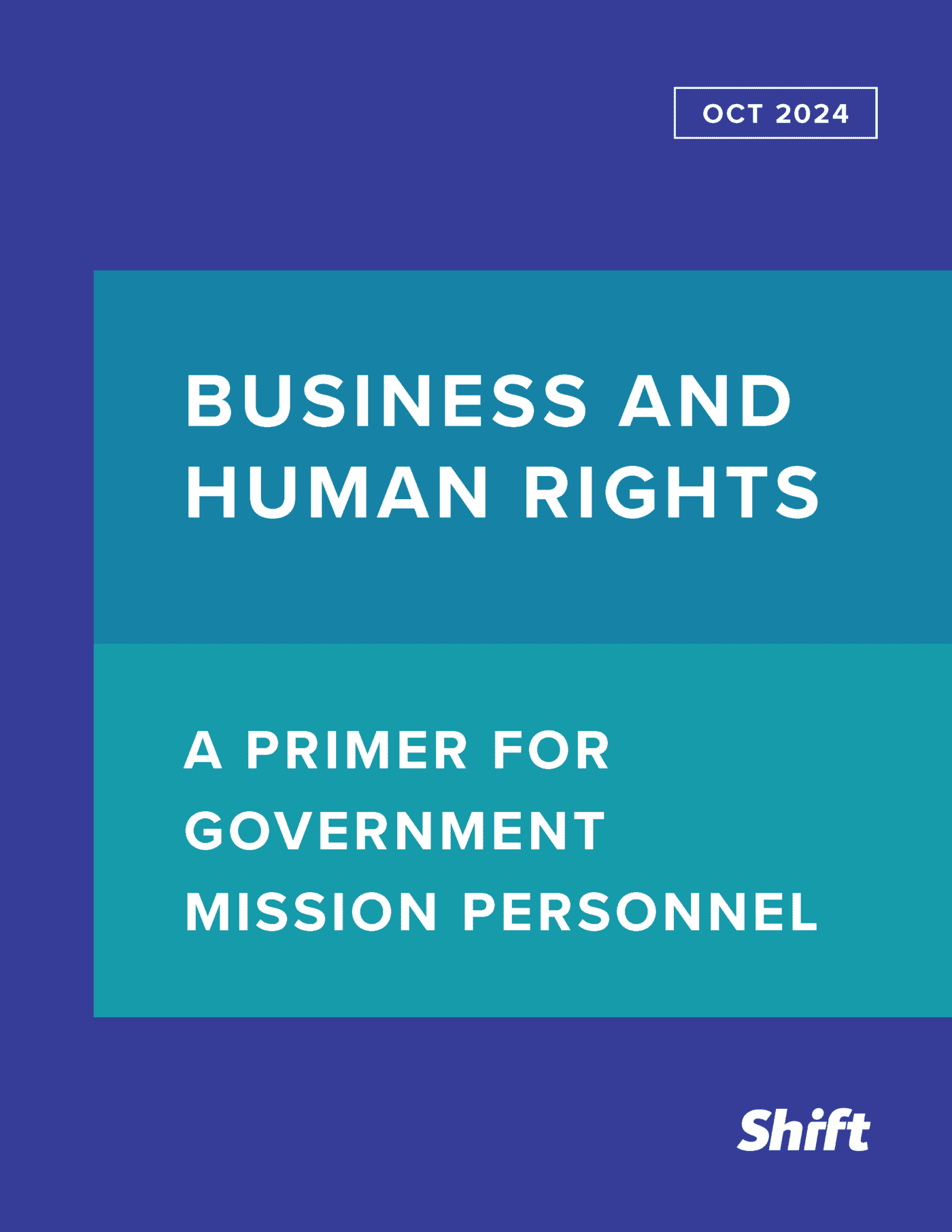ABOUT
It is perhaps a cliché to say that the COVID-19 pandemic has surfaced the urgent need to reimagine the relationship between business and people. Over the past few months, we’ve seen how the workers that companies depend on the most – essential workers – are also very often the ones that are most vulnerable to harm. We know things need to change. But, what conversation should we have to move things forward?
Is it a political conversation about how structural inequality leads to lack of opportunity in our societies? Is it a discussion about how companies should report not only to shareholders, but to stakeholders affected by the business? Should we first talk about the interconnection between people and planet in building a sustainable future? Or is it about the incentives that investors create in how they measure business performance?
The answer, perhaps, is all of the above.
The truth is, for some time now, we’ve had multiple conversations happening at the same time about how we can transform the way business impacts people. And, while they are all very much needed, the truth is that these “narratives” that we use to try to persuade decision-makers, end up competing for limited attention. The risk, of course, is that they end up diluting each other.
How can we make sure that we make the essential points that each narrative has to offer, while offering a cohesive story that bridges them together?
In this short conversation, Caroline Rees (Shift) and Phil Bloomer (BHRRC) discuss how Business and Human Rights may offer a unique way to navigate this broad array of civil, political, economic, social and cultural impacts on people, both through their focus on those impacts that reach the point where they undermine people’s dignity and equality, and through their underpinning in the UN Guiding Principles on Business and Human Rights, which provides a standard for what we can and should expect of business as well as governments.
As we approach the 10th anniversary of the UN Guiding Principles, these two leaders in the business and human rights space talk about how we can and must seize this unique moment to define a shared vision that brings the power of these narratives in ways that can bring about the change we need.
